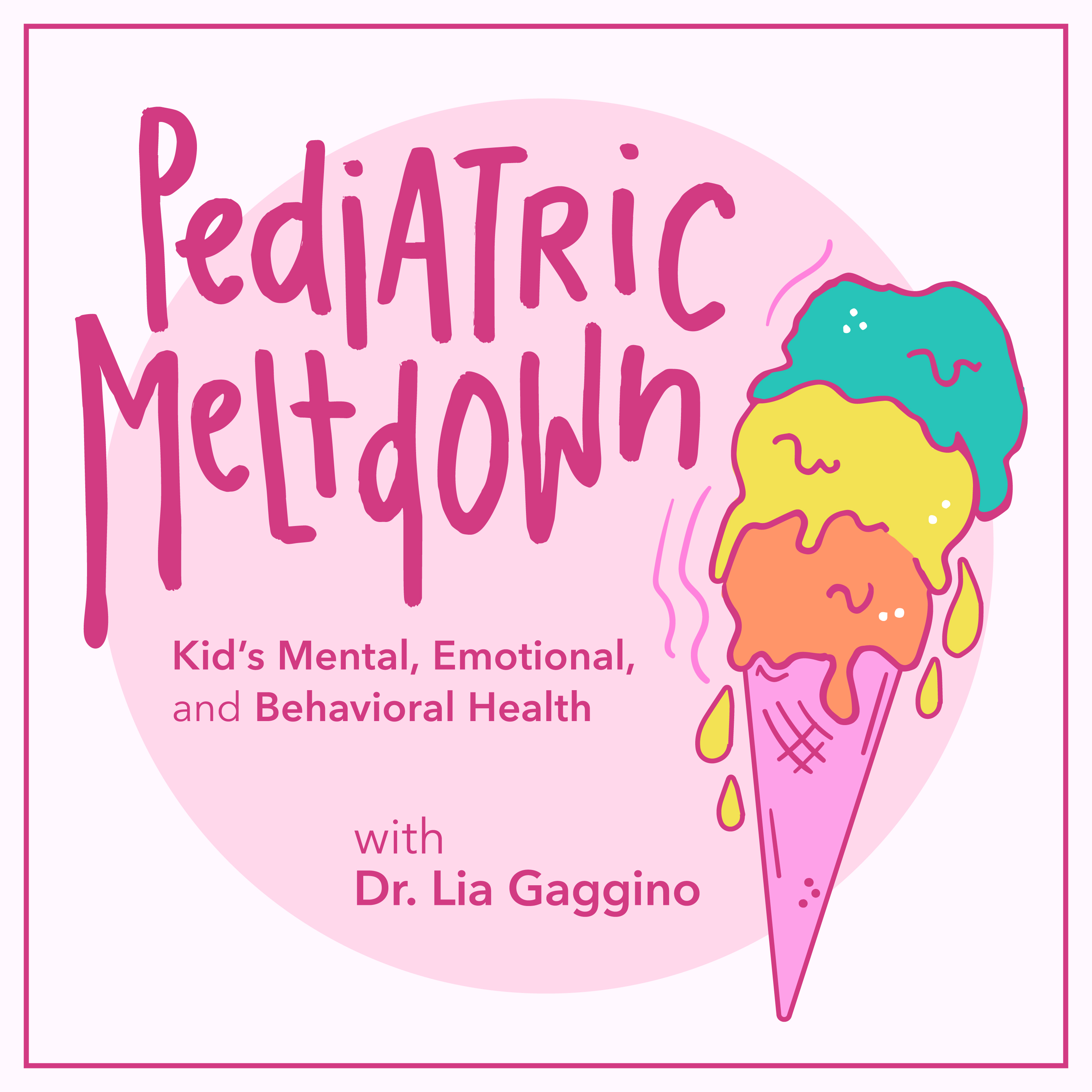
173. Neurodivergent Youth: What Support Looks Like
Podcast: Pediatric Meltdown
Autor:Lia Gaggino
Are you tired of sifting through endless articles for helpful tips on managing neurodiverse conditions like ADHD and autism? Look no further, as this episode of Pediatric Meltdown brings you a game-changing discussion on practical strategies for symptom control and fostering independence in neurodiverse children. In this episode, host Dr. Lia Gaggino and her guest, Noreen Russell, PhD shake up the conversation by debunking misconceptions, highlighting invaluable resources, and advocating for a more nuanced understanding of neurodiversity. Say goodbye to quick fixes and unattainable expectations as you dive deep into a comprehensive discussion on embracing individual needs. Get ready for a fresh perspective that challenges traditional approaches and empowers parents and professionals alike! Noreen's emphasis on avoiding blame and shame, normalizing neurodiversity, and promoting equity in addressing the needs of neurodiverse children resonates deeply. The emphasis on understanding, flexibility, and individualized approaches is crucial for supporting these children and their families. Her words remind us that it's crucial for professionals and parents alike to listen, acknowledge, and adapt when supporting these children. As we continue on this journey of advocating for neurodiversity, let's remember Noreen's words: "It's about doing the best we can and acknowledging the complexities of neurodevelopmental disorders, with empathy and understanding as our strongest tools. [00:33 -12:17] Understanding Neurodiversity in ChildrenDefinition: Explaining what it means to be neurodivergent.Identifying Traits: Recognizing neurodiversity in behavior and learning.Therapies and Interventions: Overview of effective treatments and strategies.Inclusive Education: How schools adapt curricula to meet neurodiverse needs.[12:18 - 26:59] Beyond "Quick Tips": Comprehensive ADHD Care Multimodal Treatment: Combining therapy, medication (if necessary), coaching, and lifestyle changes.Emotional Support: Prioritizing emotional well-being alongside behavioral management.Educative Engagement: Teaching kids about their ADHD to foster self-awareness and self-management.Community Resources: Leveraging support groups and educational resources for ongoing support.[27:00 - 36:50] Achieving Balance: Week-to-Week Wellness StrategiesCumulative Health: Examining how consistent health habits affect week-to-week performance.Mental Health Awareness: Recognizing signs of stress or depression and taking timely action.Nutritional Balance: Choosing foods that enhance cognitive function and mood stability.Sleep Hygiene: Prioritizing restful sleep as a foundation for daily productivity.[36:51 - 51:36] Maximizing Dedication with the 5-Minute Golden Rule Quality Over Quantity: Understanding the benefits of short, meaningful connections with each child.Individualized Attention: Tailoring weekend plans to cater to the unique interests of each child separately.Parent-Child Bonding: Strengthening relationships through dedicated one-on-one time.Daily Application: Using the golden rule beyond weekends for homework help or bedtime routines.[51:37 - 56:35] Closing segment TakeawayYou can reach Dr. Noreen Russellwww.Facebook: FacebookLinkedIn: <a...
Fecha de Publicación: 20 de diciembre de 2023
Duración: 57 min
Añadir a Playlist

Episodios Relacionados
-
249. The Pediatric Meltdown Podcast: Behind the Scenes junio 4, 2025
-
248. Conversation with My Daughter: Soft Body Baddie mayo 28, 2025
-
247. Human Trafficking: What Pediatric Clinicians Must Know mayo 21, 2025
-
246. Pediatric Psychopharmacology: Tips for Prescribers mayo 15, 2025
-
245. When Sadness Looks Like Anger: Rethinking Pediatric Depression and Behavioral Activation mayo 7, 2025